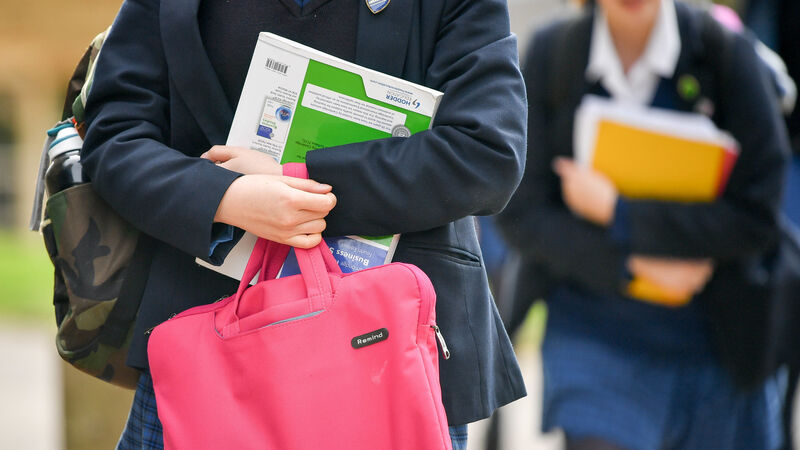Irish schools most equal when it comes to literacy, study finds

Study found a school’s socio-economic composition has an impact on a child’s individual reading literacy scores, even after adjusting for the students’ own family background.
Irish secondary schools are among the most equal in Europe when it comes to a gap in literacy scores between privileged and underprivileged pupils, new research suggests.
A new, cross-country comparative study led by a sociologist at Trinity College Dublin also finds secondary schools here are among the most socially integrated in Europe when it comes to reading literacy.










